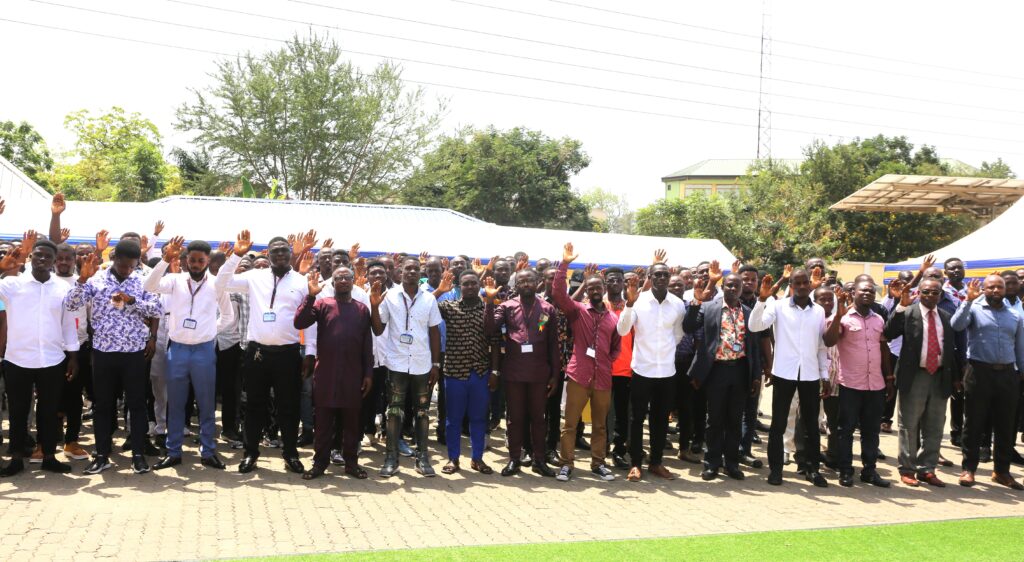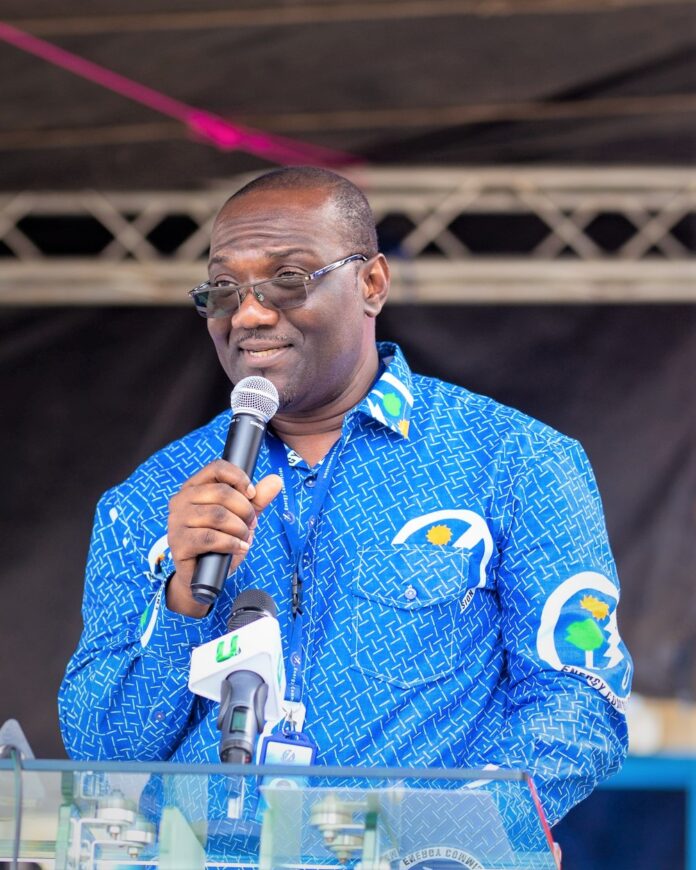Ghana’s quest to rid its local market of substandard electrical cables and accessories has received a boost with the passage into law the Electricity Wiring Cables and Accessories Regulation(L.I.2478).
The passage of the law will ensure that only cables and accessories that meet standards approved by the Ghana Standards Authority (GSA) are imported into the country.
GSA has issued approval for 100 importers that import foreign electrical cables and accessories into the country.
A nationwide surveillance conducted by GSA in 2018 revealed that more than 70 per cent of imported electrical cable brands on the Ghanaian market were substandard.
A review of data from GSA laboratories indicated that 43 per cent of electrical cables tested did not pass the tests.
Speaking at the 20th graduation ceremony for 195 electricians who successfully passed the Certified Electrical Wiring Professional examination in Accra on Tuesday, February 27, 2024, the Executive Secretary of the Energy Commission Ing. Rev. Oscar Amonoo-Neizer, noted that the use of quality-approved materials is essential in ensuring the integrity and reliability of electrical systems, thereby safeguarding lives and property from potential hazards such as electrical fires, shocks, and equipment failures.
He noted a worrying trend where many buildings, including state-owned ones, still have outdated electrical wiring installations that have seen little to no repairs or renovation since their initial installation several decades ago.
He said outdated electrical wiring is not only prone to malfunctions and breakdowns but also poses serious safety hazards such as electrical fires and electrocution.
He further noted that these old systems are likely inefficient, leading to higher energy consumption and increased costs for maintenance and operation.
He called on the public to prioritise the implementation of periodic inspection and testing, as mandated by the Ghana Electrical Wiring Regulations 2011 (L.I.2008).
He explained that this regulation emphasises the importance of regular assessments which comprise inspection and testing of the electrical wiring of facilities older than ten (10) years to verify the integrity of electrical wiring done, thereby mitigating potential hazards and risks to life and property.
He said as custodians of this mandate, it is incumbent upon the Energy Commission to collaborate with industry stakeholders to promote compliance with periodic inspection and testing requirements in upholding the provisions of the Electrical Wiring Regulations, 2011 (L.I.2008).
Ing. Amonoo-Neizer underscored the need for stakeholders to use cables and accessories approved by GSA to ensure safety of properties and lives.
“As stakeholders in the electrical industry, we must prioritise the use of cables and accessories approved by the Ghana Standards Authority to uphold the highest standards of safety associated with electrical wiring in Ghana,” he said

The Director-General of GSA, Prof. Alex Dodoo, also noted that electrical cables and their accessories are the lifeline of modern society.
“Without cables, everything ceases. From the chargers in your phones to the cables in your car, loudspeakers, lights, aeroplanes, etc., cables are an integral part of modern society,” he noted.
He added that it is important we ensure and assure that all cables are safe for their intended use and that they also have a huge margin of safety when things go wrong.
He applauded the Energy Commission for their boldness and tenacious approach to electrical safety – the Energy Commission has ensured that it has the necessary laws to regulate the cable sector, and it has extended this regulation from products to personnel.
Statistics from the Energy Commission show that since the introduction of the Certified Electrical Wiring Professional programme, about 15,544 electricians have been certified as electrical wiring professionals and inspectors.
Source: https://energynewsafrica.com
















